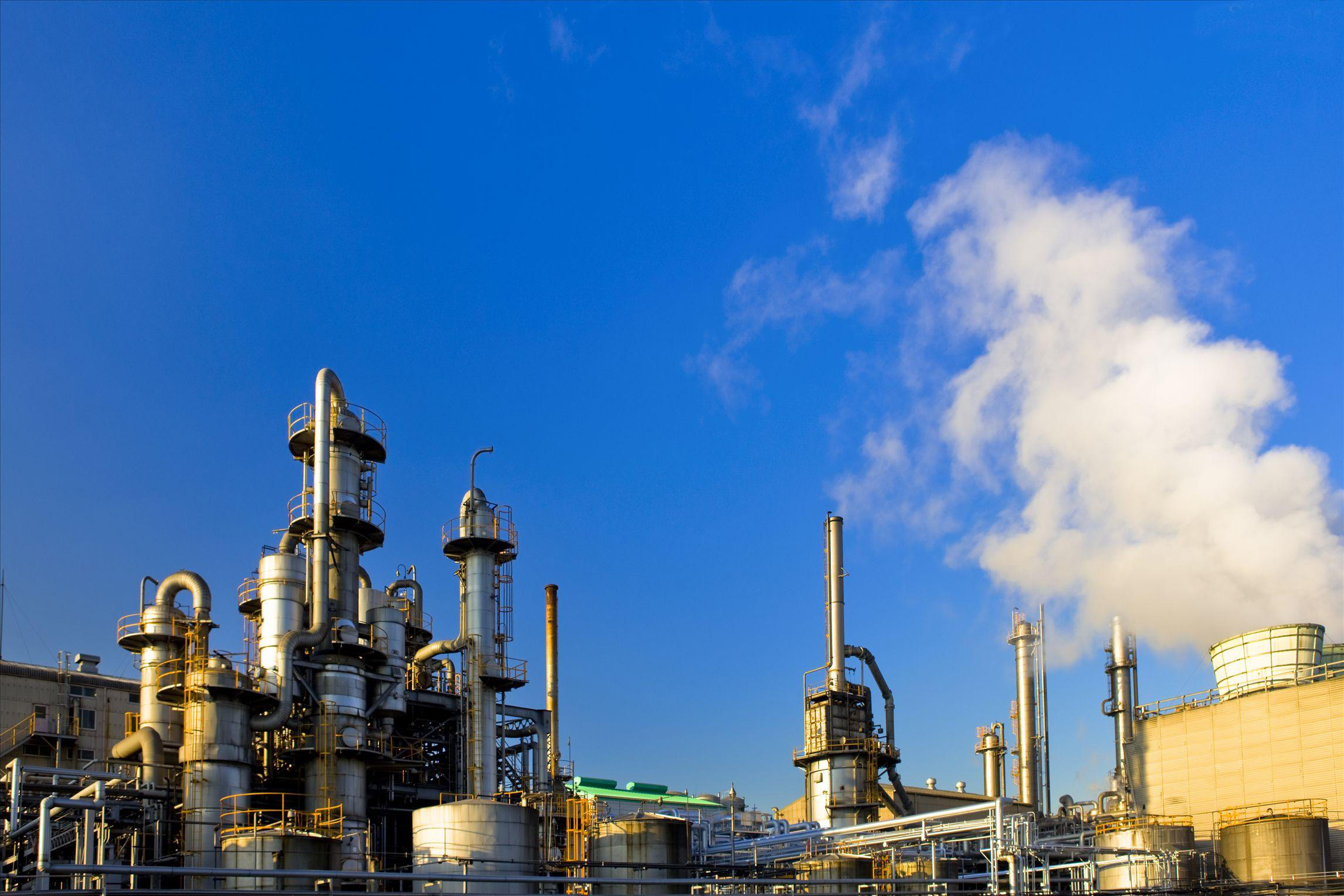Chemical plants are responsible for producing a wide range of products, from plastics and fertilizers to pharmaceuticals and food additives. However, the manufacturing processes used in these facilities often generate hazardous dust and fumes that can pose significant risks to workers’ health and safety. To mitigate these risks, chemical plants use a variety of air pollution control equipment, including filter bags.
In this article, we will explore the importance of filter bags in the chemical plant industry, their applications, and the benefits they provide.

The manufacturing processes used in chemical plants generate a wide range of dust and fumes, including acids, alkalis, and solvents. These pollutants can cause respiratory problems, skin irritation, and even cancer if not properly controlled. Filter bags play a critical role in controlling the emissions from these processes, ensuring that workers and the surrounding community are protected from harmful pollutants.
The use of high-quality filter bags in our chemical plant’s air pollution control systems has significantly improved our plant’s overall efficiency and reduced our environmental impact. The filters we use have a long lifespan and require minimal maintenance, making them a cost-effective solution for our needs. We highly recommend filter bags for any chemical plant looking to prioritize environmental sustainability and worker safety.
“Testimonial from Jane Smith”Dust Collection: Dust collectors equipped with filter bags are used to capture and remove airborne particles generated during chemical manufacturing processes. The filter bags trap the dust particles, allowing clean air to pass through and be released into the atmosphere.
Fume Extraction: Filter bags are also used in fume extraction systems to capture and remove hazardous fumes generated during chemical manufacturing processes. The filter bags trap the fumes, allowing clean air to be released into the atmosphere.
Product Recovery: Filter bags are used to recover valuable products that may be lost during chemical manufacturing processes. For example, filter bags can be used to recover catalysts, pigments, and other valuable materials that may be lost in the form of dust.
Improved Air Quality: Filter bags remove harmful pollutants from the air, improving the air quality in and around the chemical plant.
Compliance with Regulations: Chemical plants are subject to numerous environmental regulations, including air pollution control requirements. The use of filter bags helps chemical plants comply with these regulations and avoid costly fines.
Worker Safety: Filter bags protect workers from exposure to hazardous dust and fumes, reducing the risk of respiratory problems and other health issues.
Cost Savings: Filter bags can help chemical plants recover valuable products that would otherwise be lost, reducing production costs and improving profitability.
Filter bags play a critical role in controlling air pollution in chemical plants. By capturing and removing harmful pollutants generated during manufacturing processes, filter bags protect workers, the surrounding community, and the environment. The use of filter bags also helps chemical plants comply with environmental regulations, improve air quality, and reduce production costs. As such, filter bags are a valuable investment for any chemical plant looking to prioritize sustainability and worker safety.
| Type of Filter Bag | Material | Temperature Resistance | Filtration Efficiency | Durability | Chemical Resistance |
|---|---|---|---|---|---|
| PTFE | Polytetrafluoroethylene fibers | Up to 260°C (500°F) | Very high | Excellent | Resistant to most chemicals |
| Polypropylene | Woven polypropylene fabric | Up to 90°C (194°F) | Moderate | High | Resistant to most acids and alkalis |
| Nylon | Woven nylon fabric | Up to 204°C (400°F) | High | High | Resistant to most chemicals |
| Polyester | Woven polyester fabric | Up to 150°C (300°F) | Moderate | High | Resistant to most acids and alkalis |